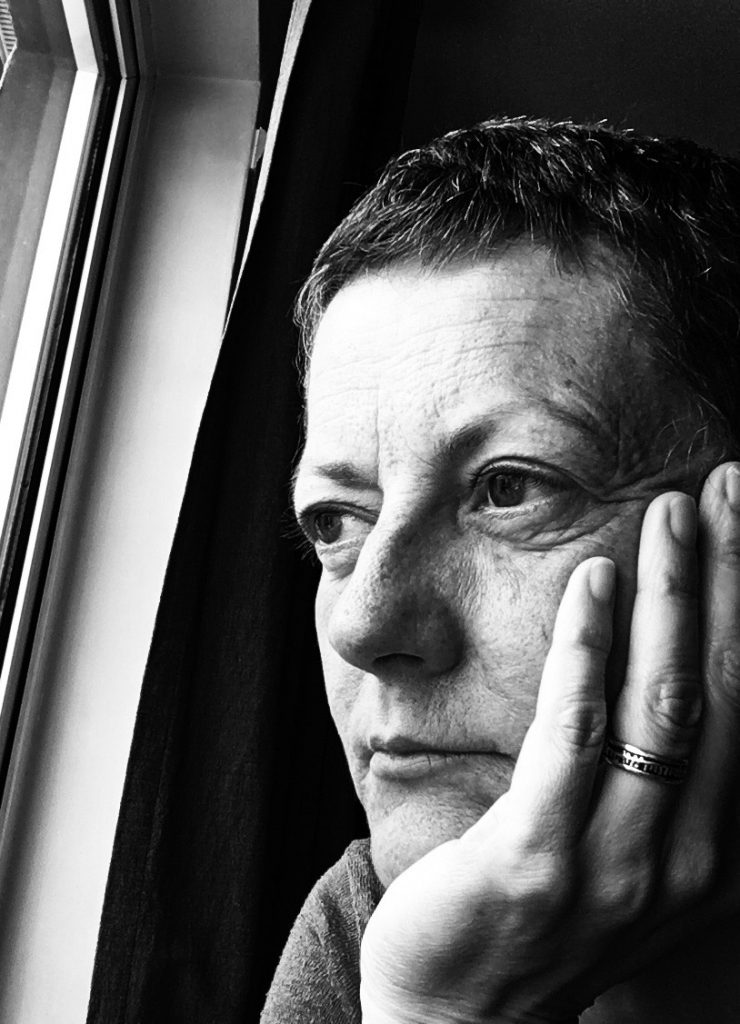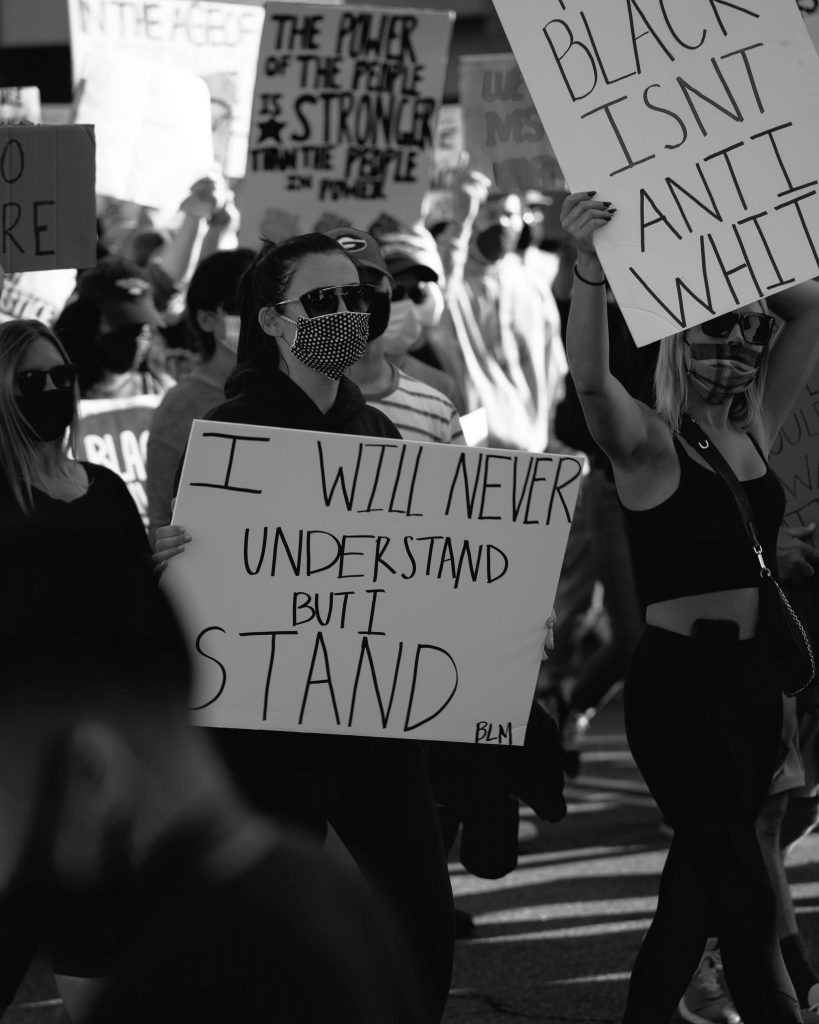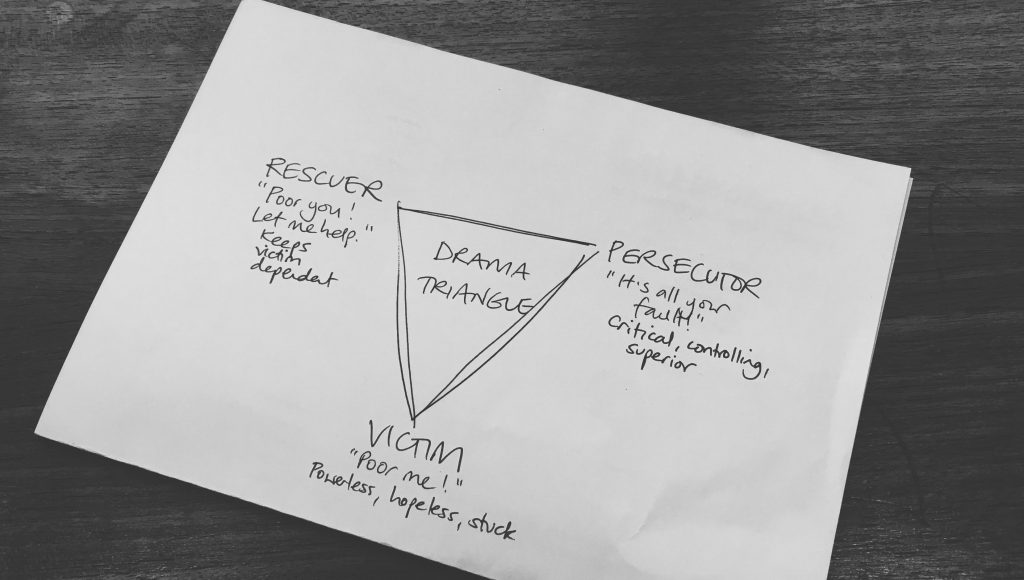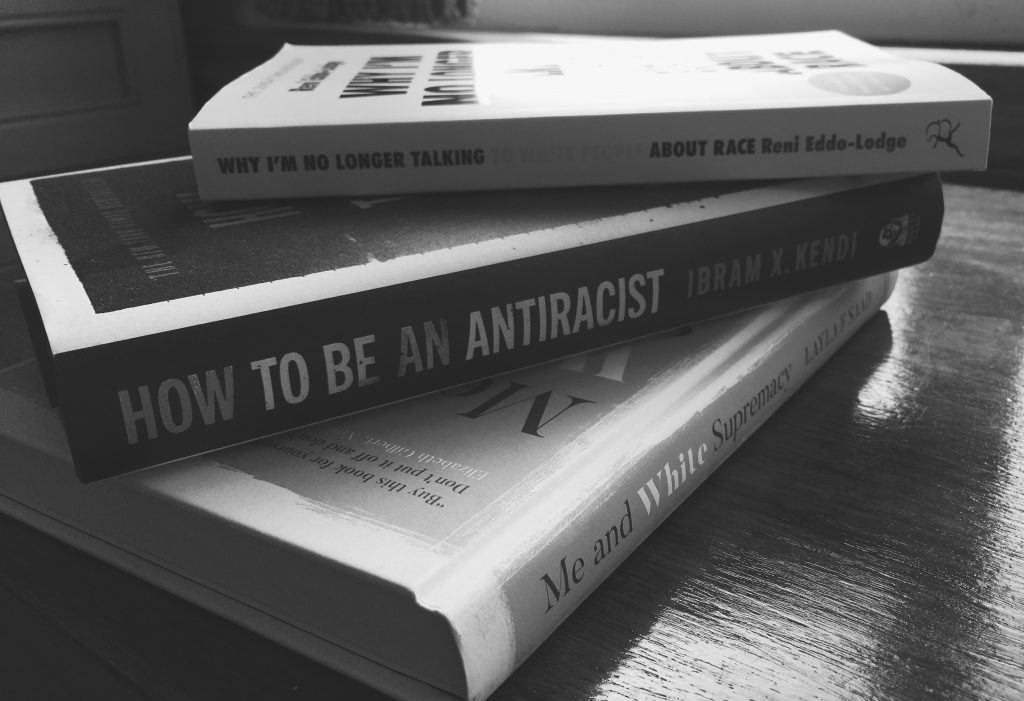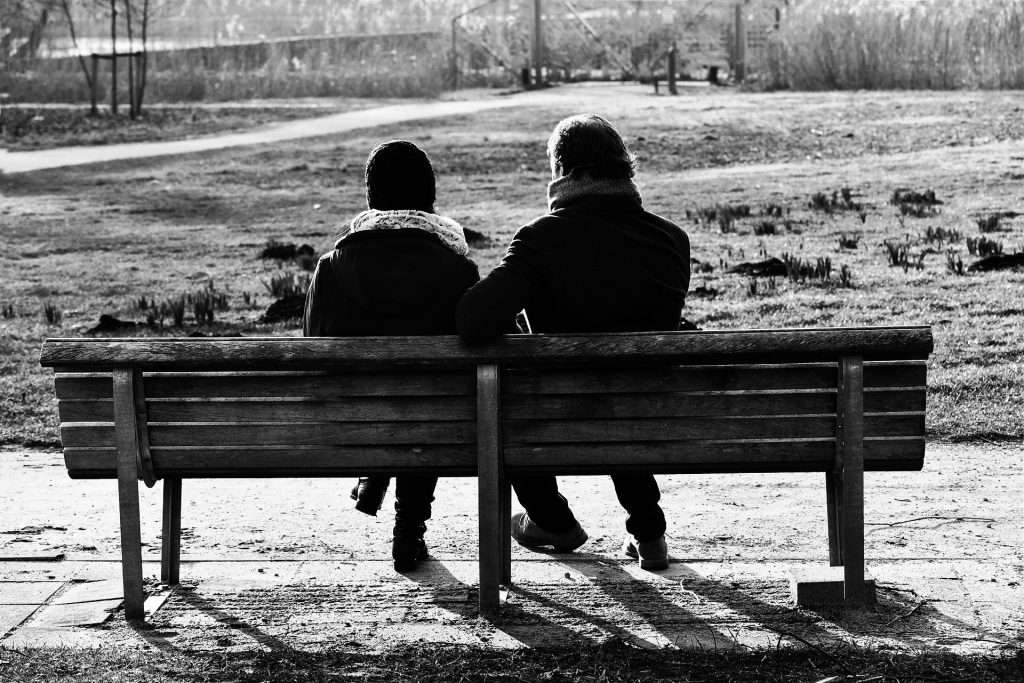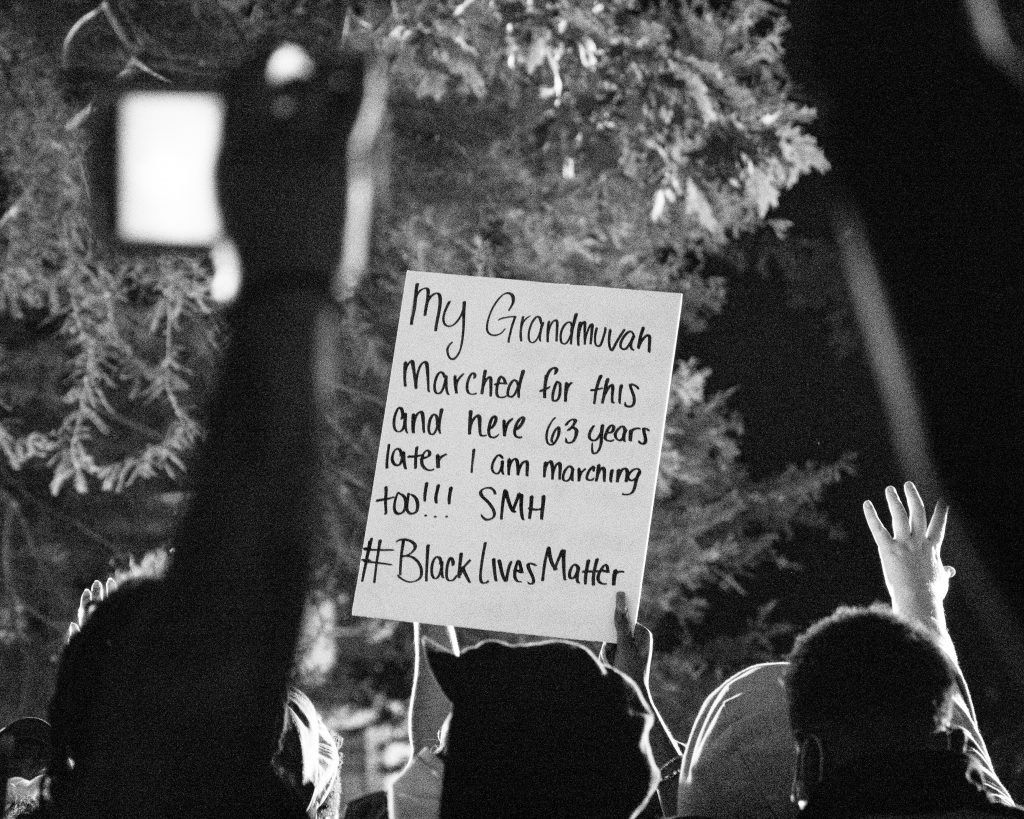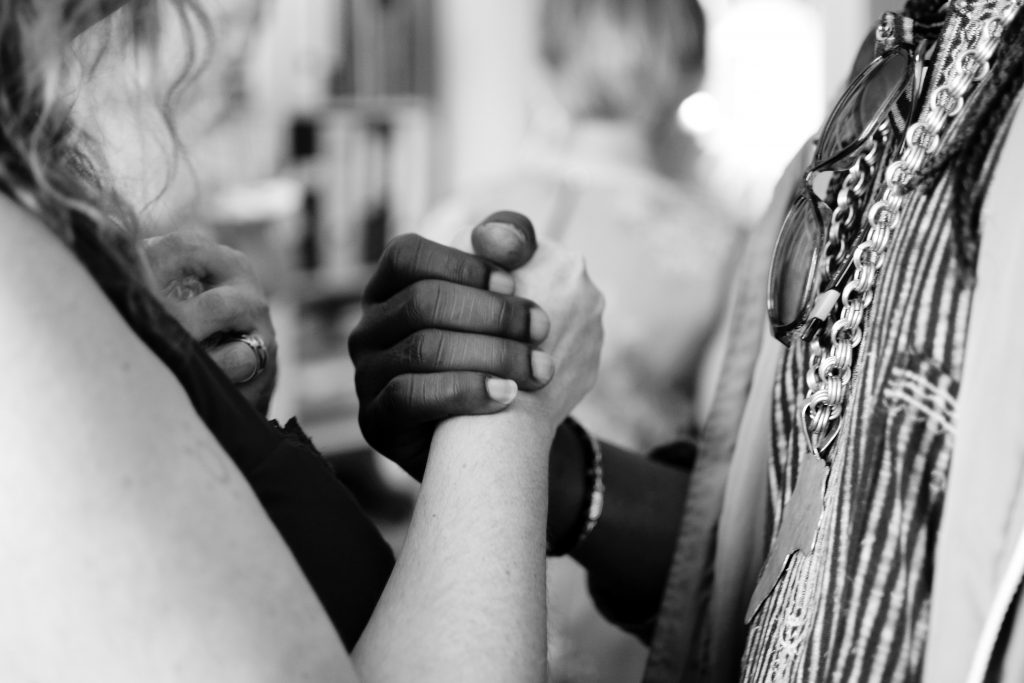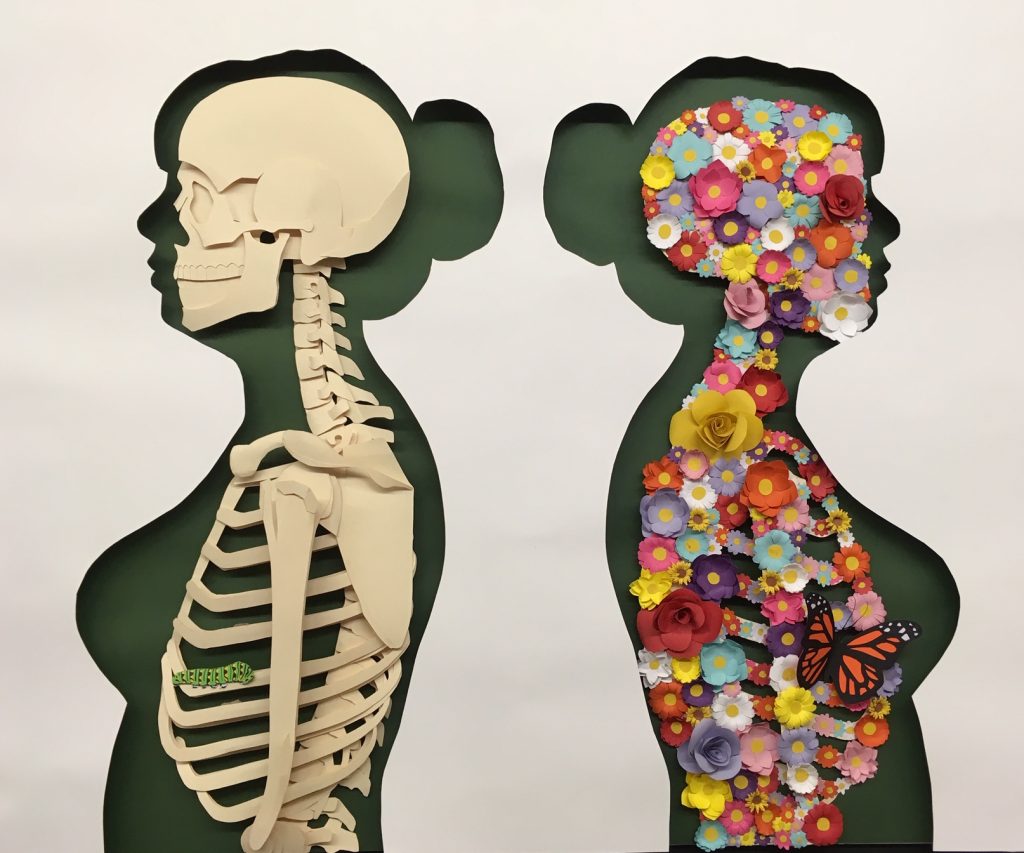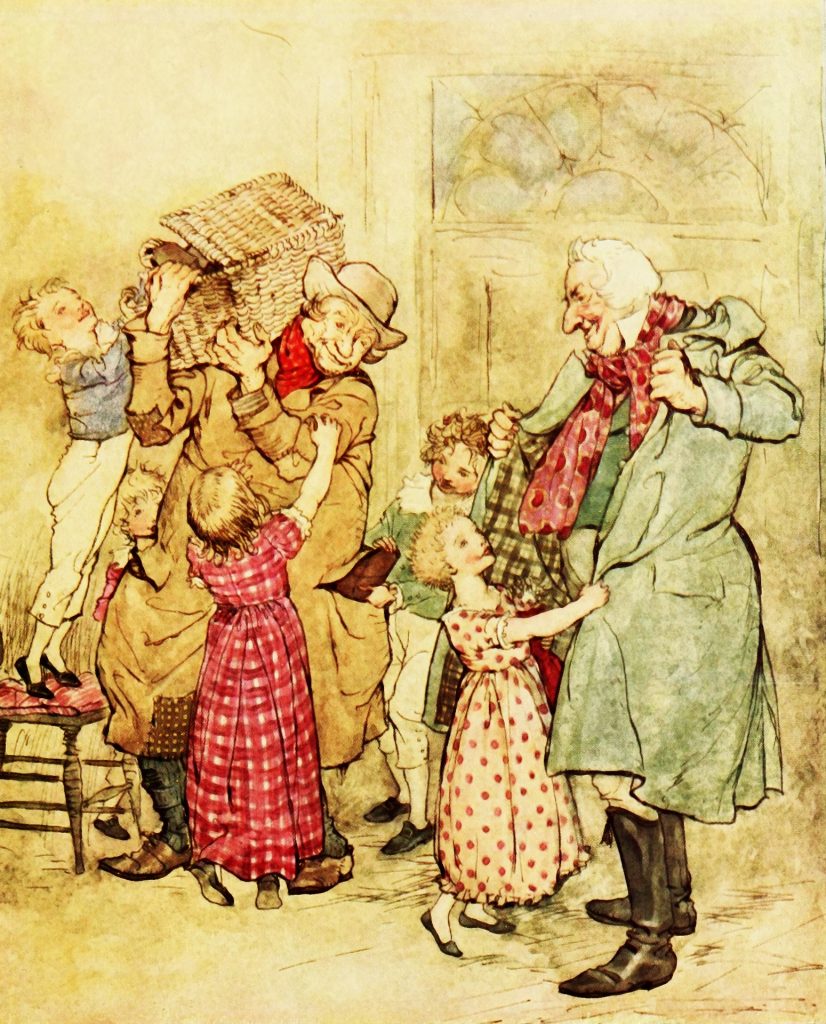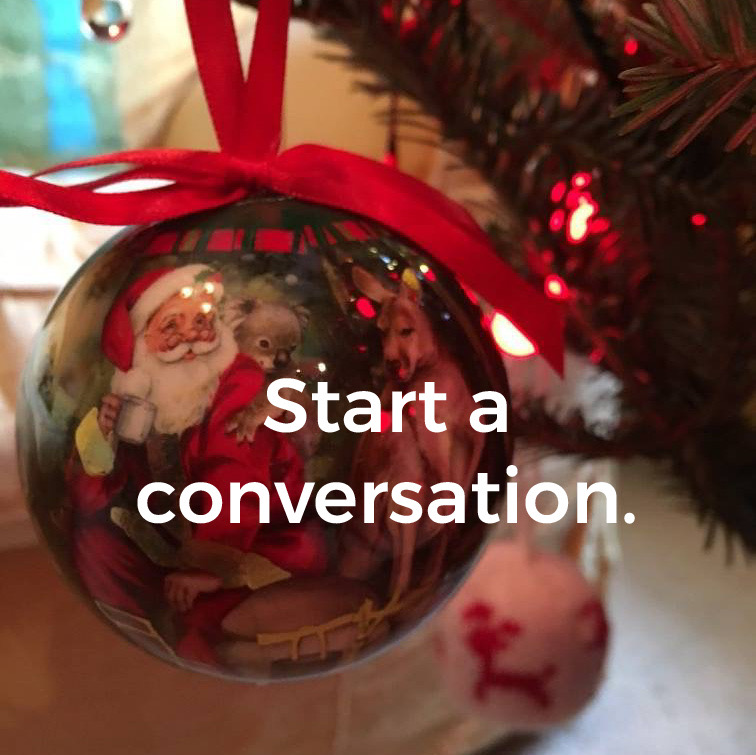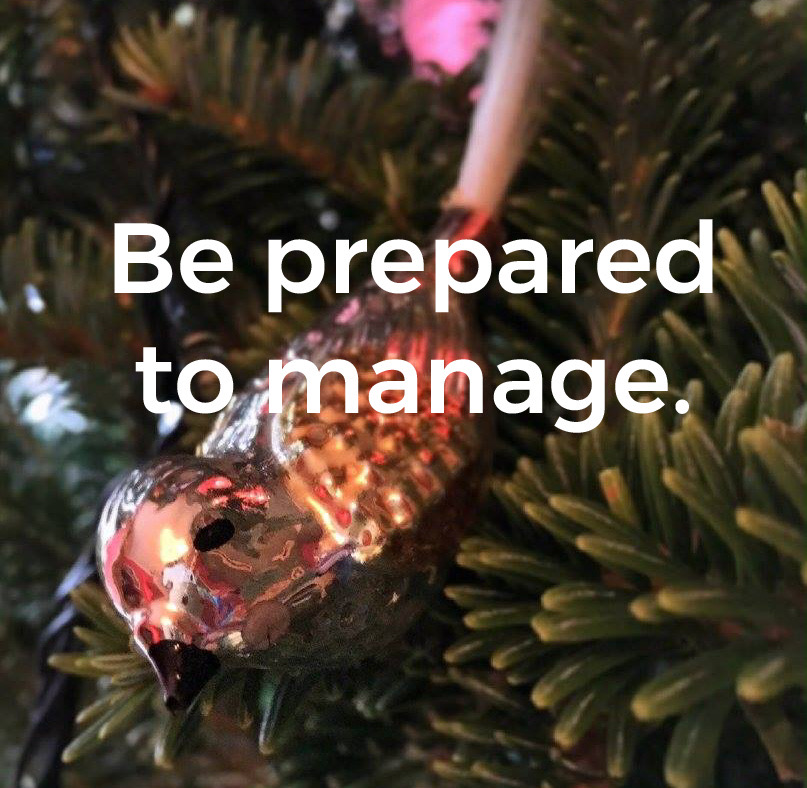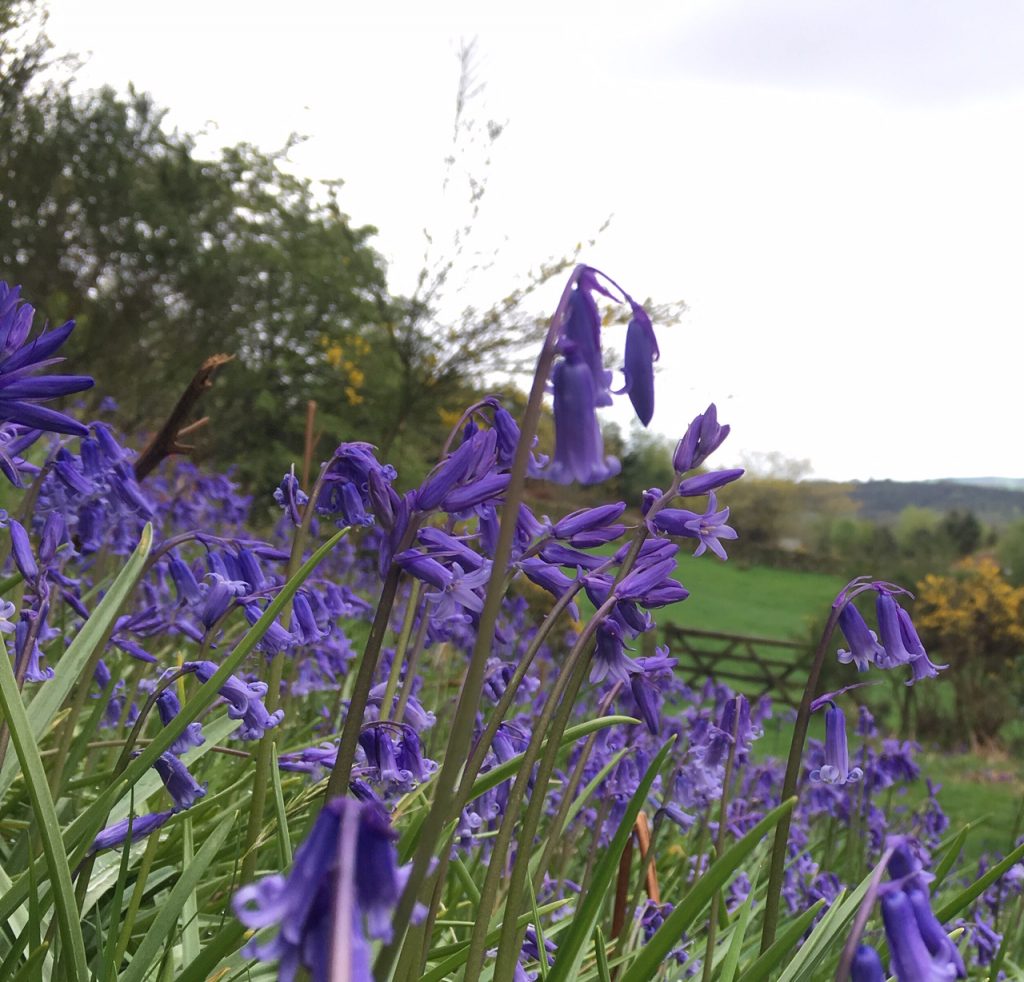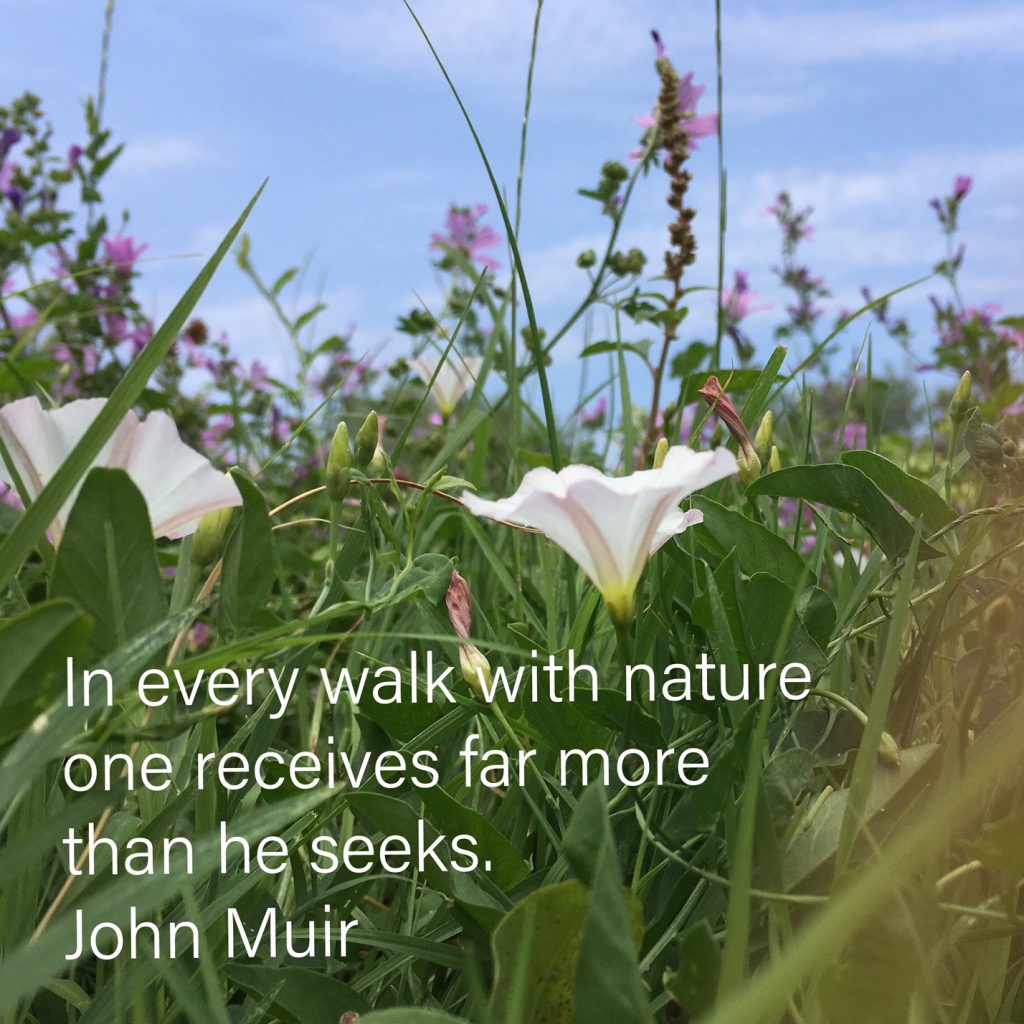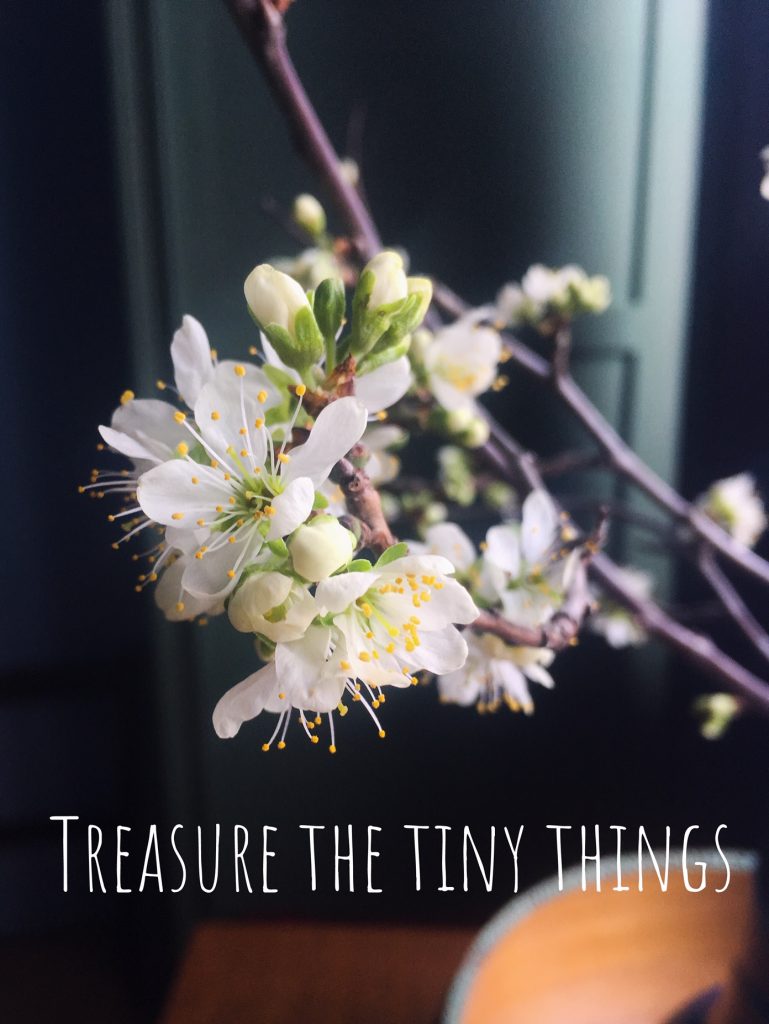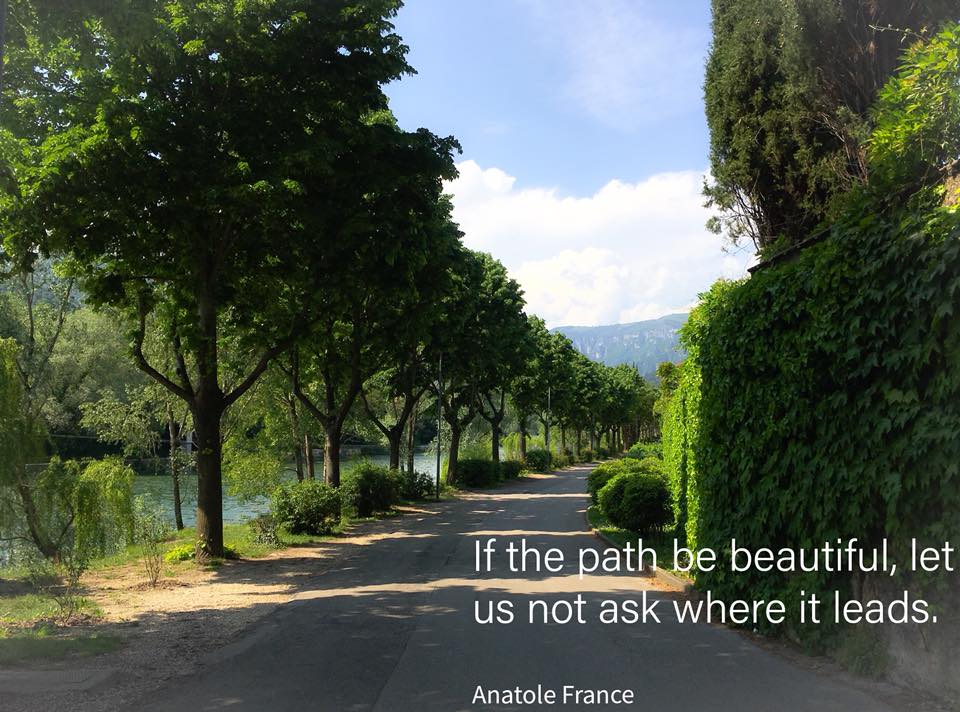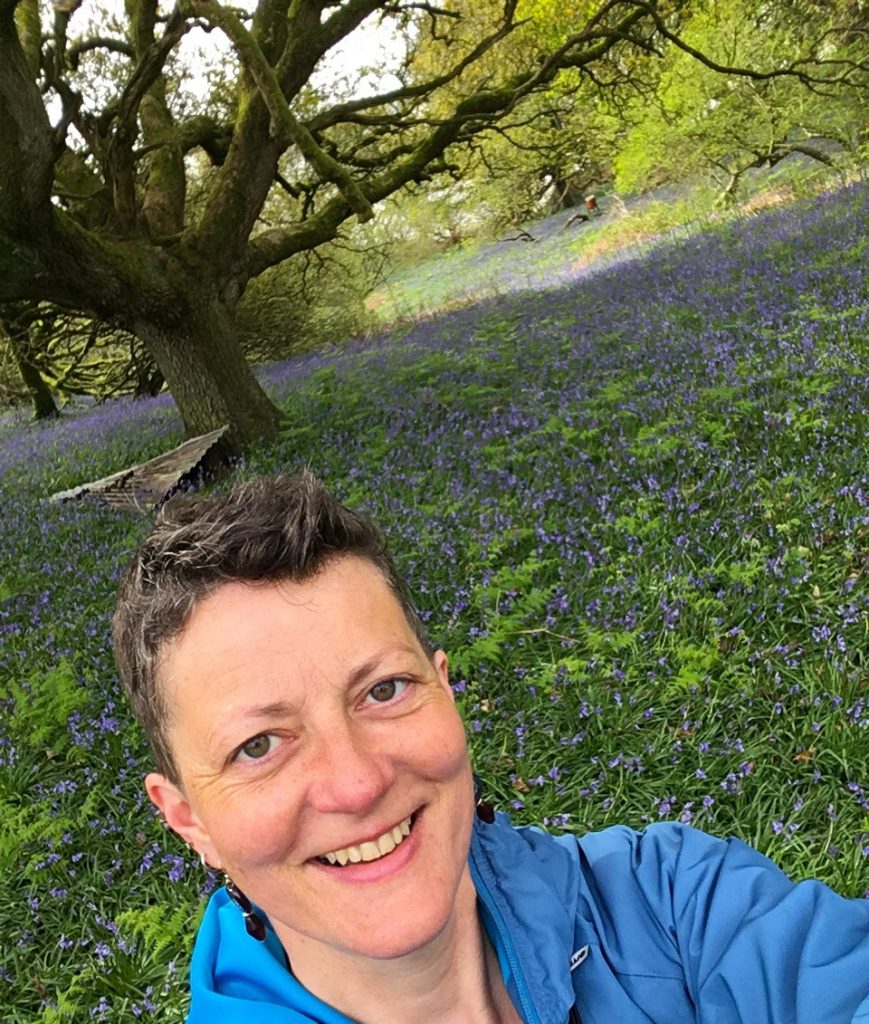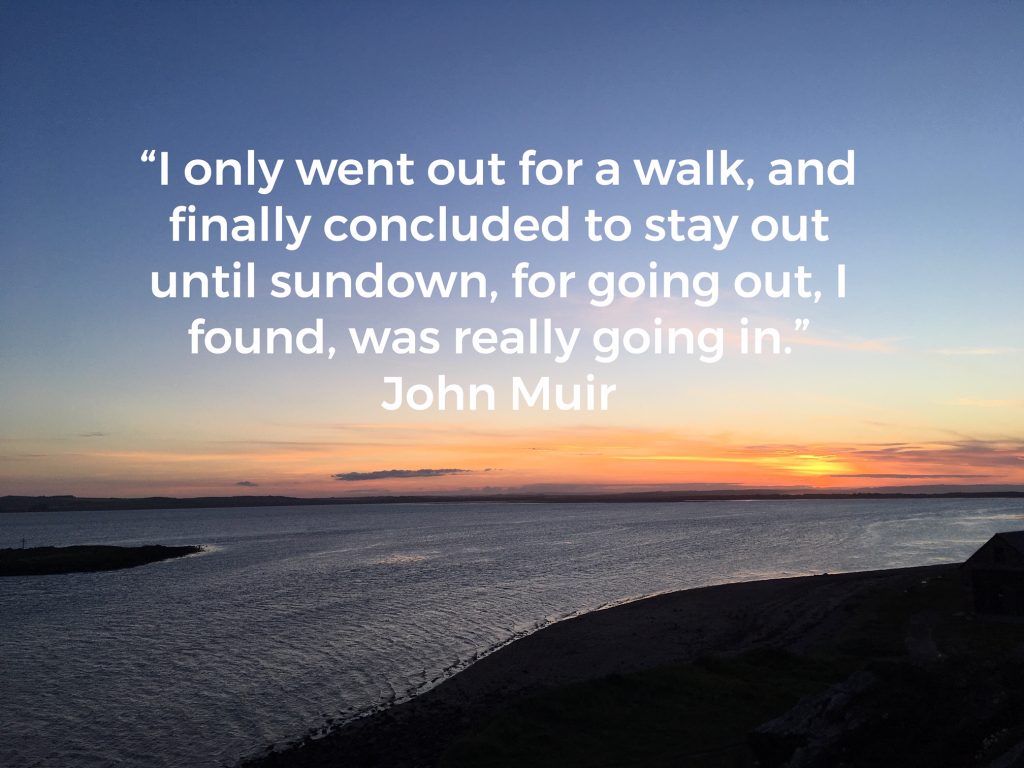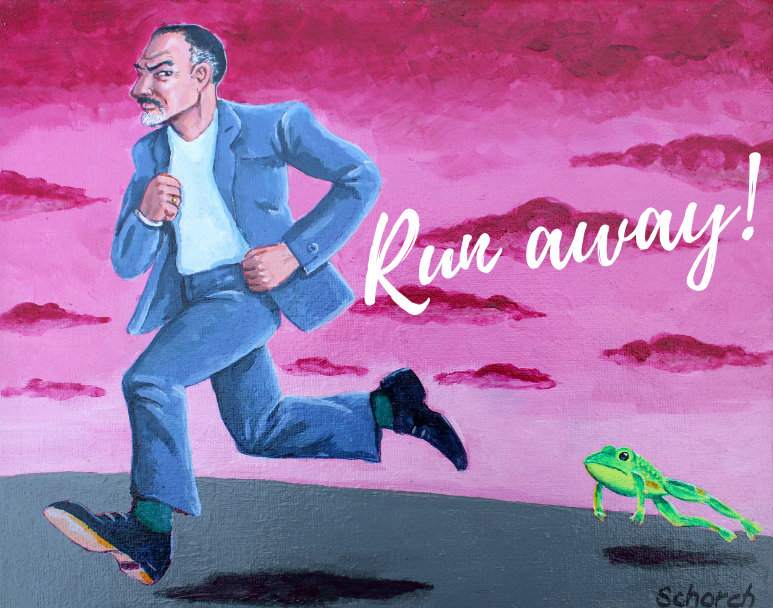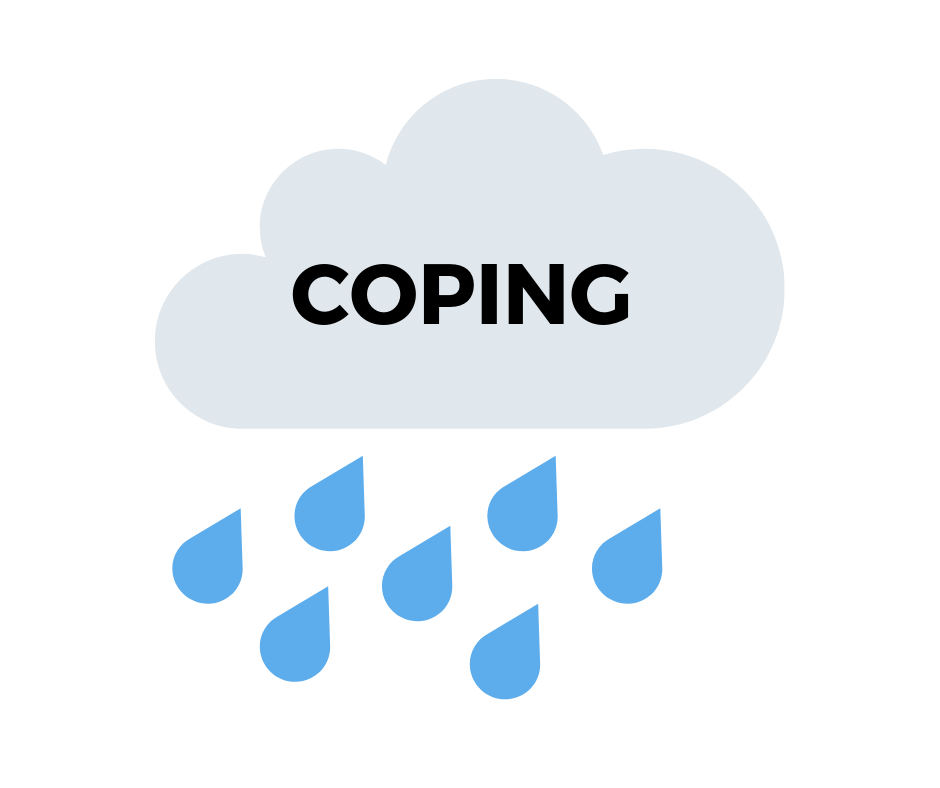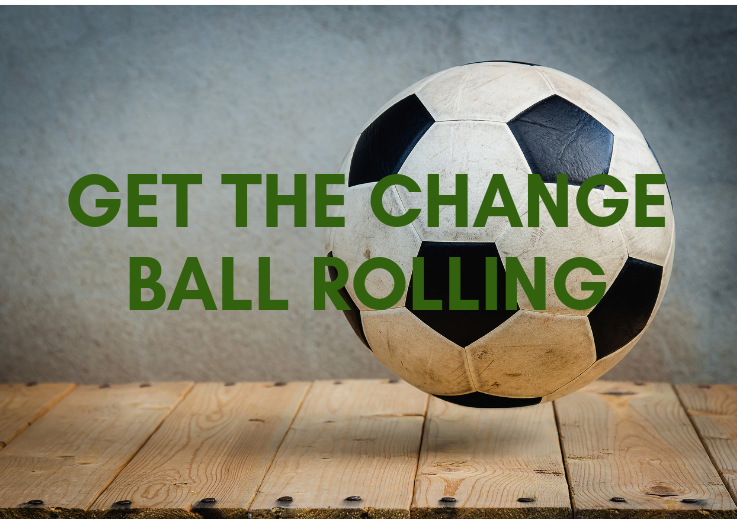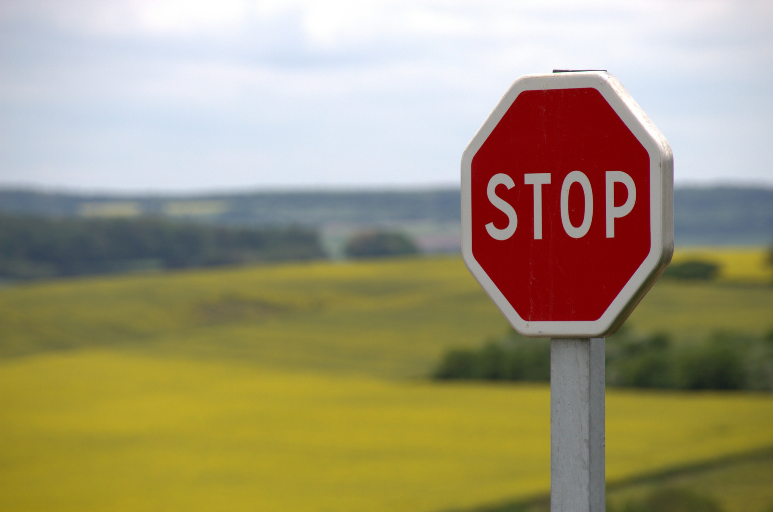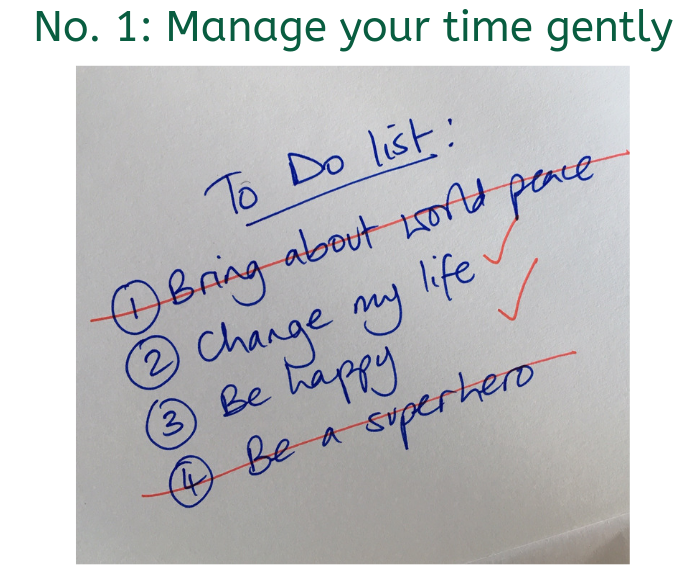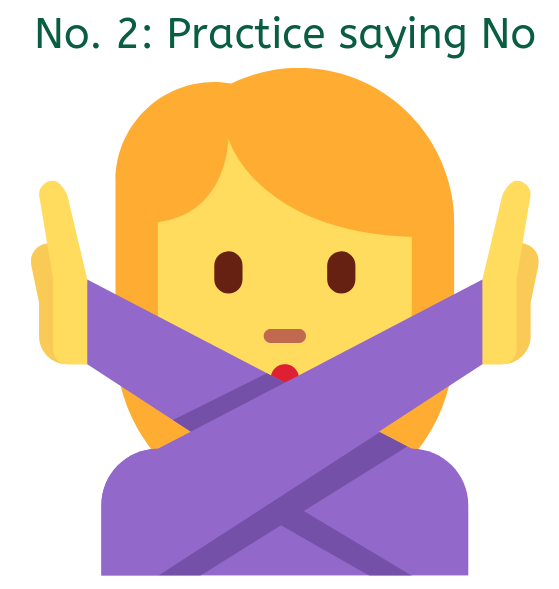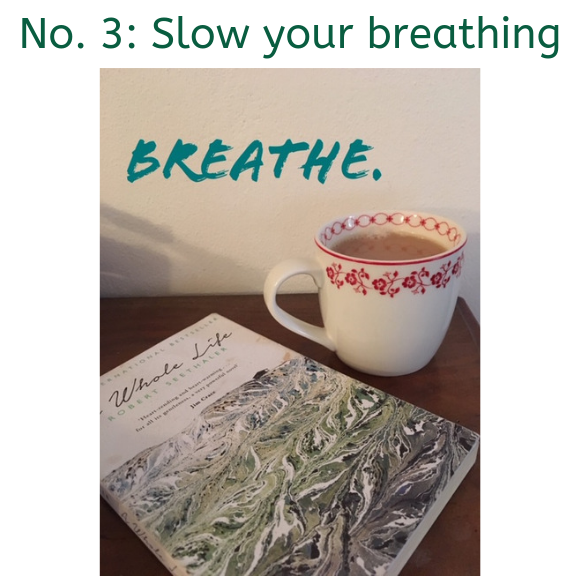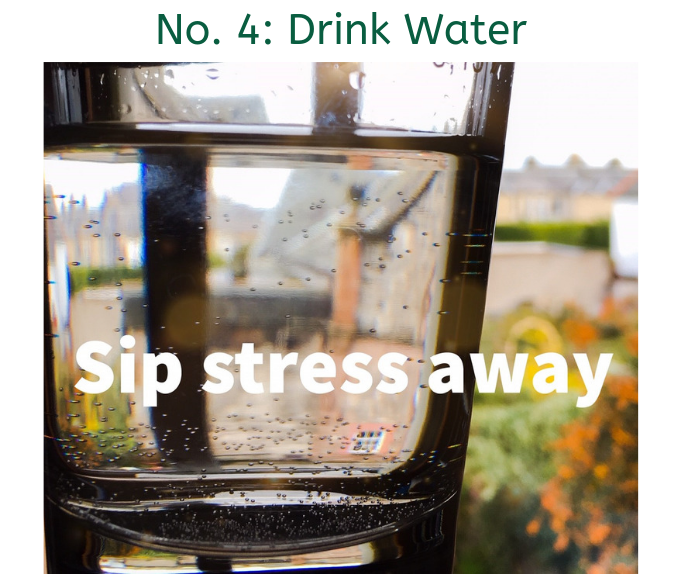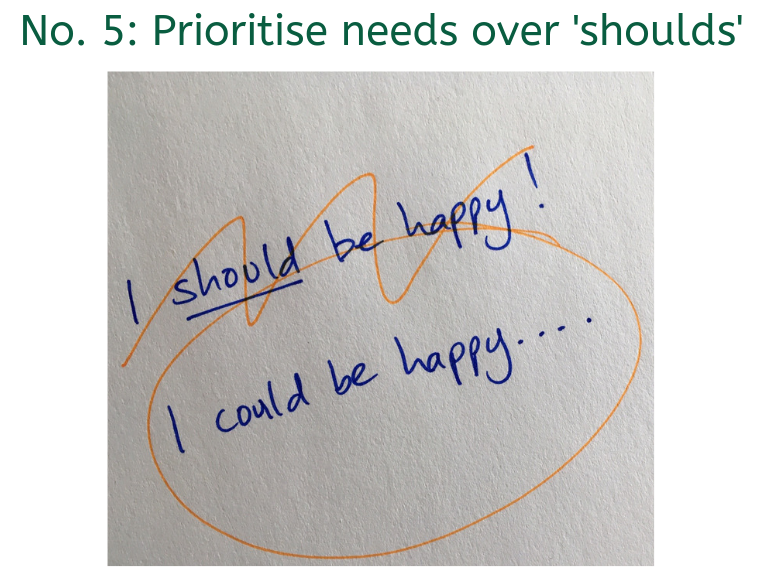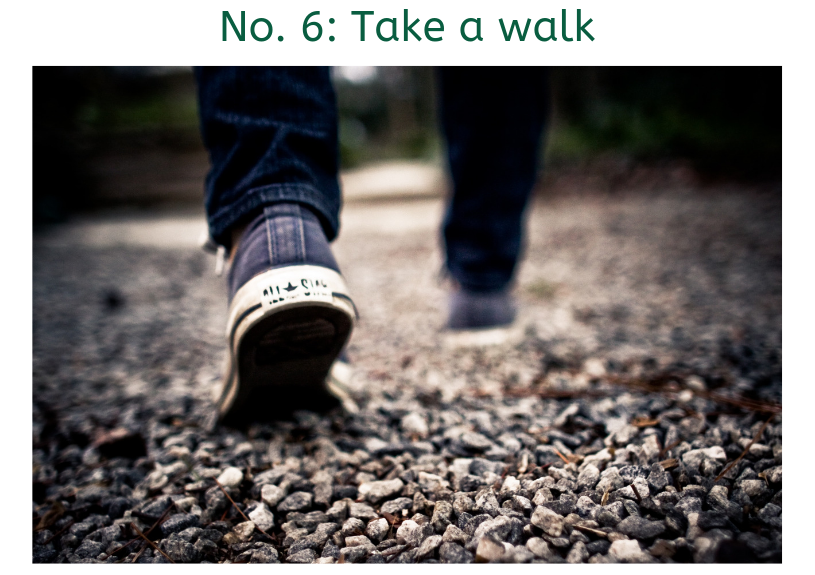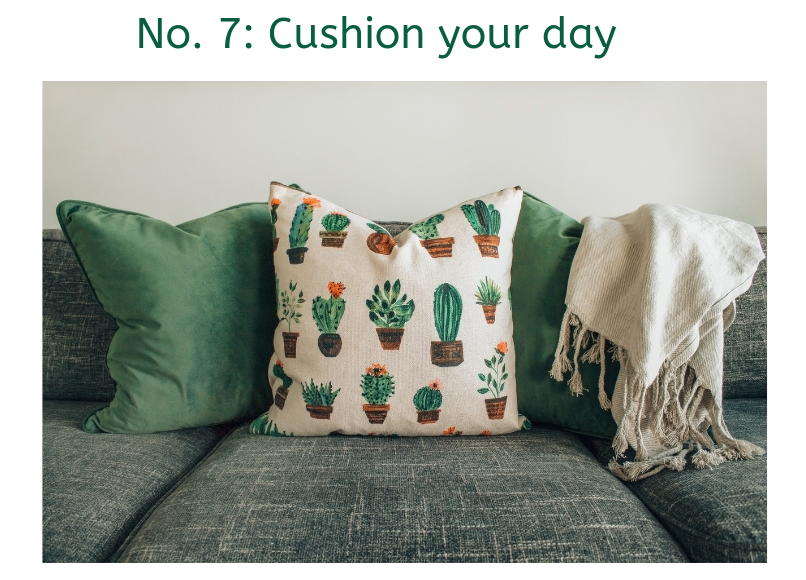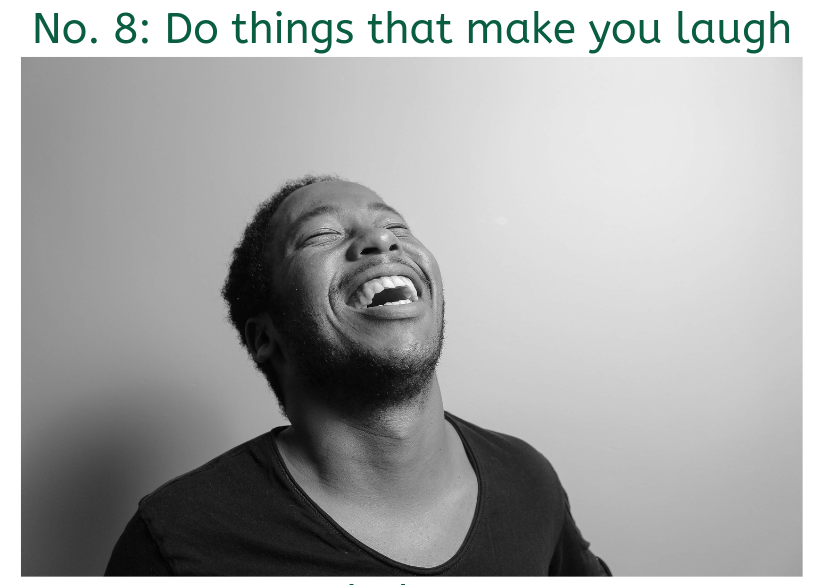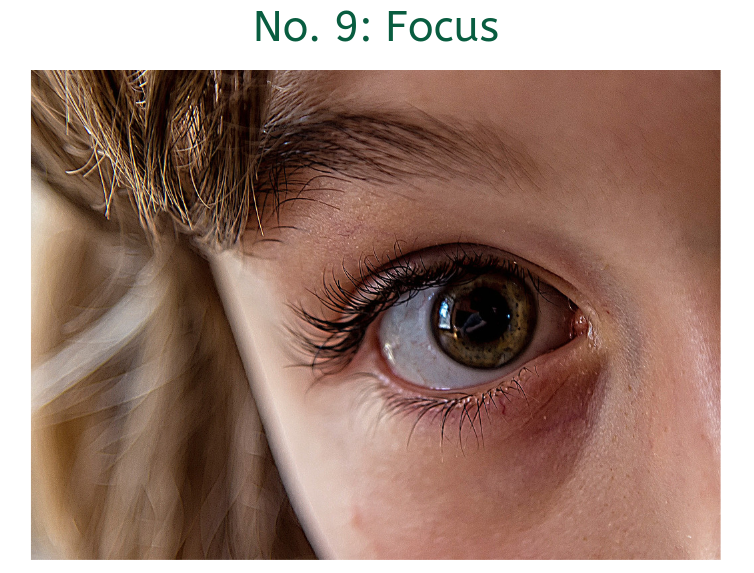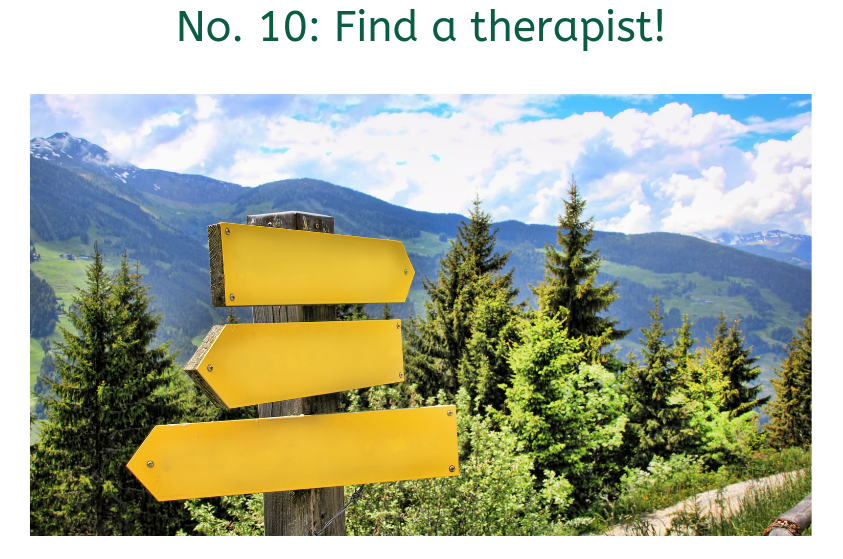How should I behave coming out of lockdown?
In this blog I look at
- WHY it’s normal to find coming out of lockdown difficult
- WHAT might help you cope with the unexpected anxieties brought up by coming out of lockdown
- HOW to disagree with people on the ‘best’ way to behave around COVID-19

Coming out of lockdown – why it’s tricky!
Is it just me, or is coming out of lockdown harder than going in?
From this distance, looking back to mid-March, it seemed like we flicked a switch. One moment we were tootling along as normal, the next we were hiding behind closed doors. Of course it didn’t really happen like that – especially for those of us keeping an eye on what was going in the rest of the world and waiting for the tidal wave to hit – but there was some sense of the world changing overnight.

During lockdown I heard people saying “I can’t wait for things to get back to normal” and felt surprise that they thought that life was going to return to operating in the same way. And I heard at least as many people saying “I’m enjoying not having to see people/commute/be driven by fear-of-missing-out/etc”.
Perhaps THIS is a more difficult transition to negotiate. Somehow life was simpler when you were told the safest thing to do was stay indoors except for once-a-day ‘government-mandated exercise’. Suddenly there are variables. There’s choice. There’s using your own judgement – and therefore the fear of getting it wrong.
And there’s disagreeing with other people about what ‘right’ or ‘wrong’ is.
Personally, I don’t like conflict (some people do, honest). While I’m OK with challenging injustice, or speaking up in defence of causes I’m passionate about, I struggle where things are less clear-cut. In particular I’m uncomfortable when I feel differently, or have a different opinion, from someone who’s important to me. I get nervous, anxious, wobbly, and it’s only in recent years that I’ve realised that something in me believes that it’s OK to disagree with ‘them’ but not with ‘us’ – that this part of me feels scared and unsafe in such situations (probably terrified of being abandoned / rejected – yeah, that wee inner child again). So I’m constantly having to remind that part of me that it’s OK to disagree.
It’s OK to disagree. And still be loved, and loveable, and safe.
Coronavirus etiquette – who’s right and who’s wrong?
In terms of the current situation, there are many not-clear-cut areas. You think there are lots of ‘shoulds’ and ‘shouldnts’ but they’re all mythical really, a kind of collective hallucination about what is and isn’t ‘allowed’. For example…..some people are exempt from wearing masks and (as there’s no requirement to wear a label stating what your exemption is!) we have no way of knowing who they are.
When I did an internet search for ‘coronavirus legislation’ I found a lot of temporary changes to very old laws but nothing that told me about what was ‘right’ or ‘wrong’ in terms of my behaviour as an individual. A mid-July article on the BBC website showed that while the law in England stated that you can have a gathering of up to 30 people at home or anywhere outside, the government’s official guidance said you should only be socialising in groups of two households or six people. 🙄😤🤬 FFS!

So very little has changed in terms of law – but, for many people a lot feels as if it has changed – and social ‘norms’, which we often allow to restrict us, are part of that.
There are very few absolutes on what is ‘right’ or ‘wrong’. Really, the only thing we can do is to take note of guidance and then make our own risk assessment – remembering that any decisions made in terms of guidance are made accounting for a number of variables, and they may not be given the same weight as you would give them. (An example is ‘getting the economy going’. My personal opinion is that the myth that ‘economic growth’ is the only thing that can sustain civilization, is partly what has led us to destroying more and more wilderness areas where viruses previously unknown to humans reside. My personal opinions influence my decisions.)
How do I stay safe around other people?
We risk assess all the time; it’s part of how we navigate our way through life. Risk assessing is how we adjust our behaviour when crossing the road, now that traffic is returning to non-lockdown levels, so we don’t get run over. But we don’t operate in a world where ‘not catching coronavirus’ is the only consideration and the only indicator of health. For some people, particularly people with significant physical health conditions, it may be a very important consideration, in which case staying away from other people completely might feel more important. But we need human connection, and for some of us the likely risk of dying of coronavirus needs to be weighed in the scales against risking losing important human connections.
Risk assessments with regard to coronavirus need to take account of the risk to the other, of course. “I think there’s a low risk to me if I catch the virus, so I won’t bother with social distancing” doesn’t account for the risk to the person you’re not social distancing from. And so, into the mix comes the reality that you can’t control what others do, you can only operate in the world, and finding peace with the reality that others don’t have the same attitude as you is as important in navigating the coronavirus pandemic as it is in so many other aspects of your life.

So it’s OK to disagree. And in some ways it’s easier to disagree with ‘the other’ – to tut at those people who don’t wear a mask on the bus, who don’t give you your 2 metre gap when you want to get past them. They’re ‘not like you’.
But it becomes more difficult to navigate when you disagree with people who are close to you – friends, family, loved ones.
For me there are two main aspects to this whole coming out of lockdown situation…………..
😷 managing your own anxiety, discomfort or incomprehensible feelings
😷 managing disagreement with your loved ones
Managing your own anxiety, discomfort or indefinable ‘weird’ feelings
A reminder: these are normal. It was normal as we went into lockdown to find it fucking difficult, and it’s normal as we come out.
Take a moment to pause and reflect on where you in your ‘pandemic journey’. There are so many unknowns. “What is the world going to look like in six months’ time? In 2021? For the rest of my life? Will we ever get back to where we were before I’d heard of coronavirus? Do I want to?” You’re likely to have your own particular stories around the pandemic – the cancelled opportunities. Death or serious illness of loved. Financial stressors. Loss of work. Relationship break ups. Loneliness.

Even positive experiences – like realising that you were more relaxed or happy during lockdown than you had been, like, forever – are likely to make you question your sense of who you are and who you want to be going forward. Questions and uncertainty are all around us. You may be experiencing fear, anxiety, depression, resentment, frustration, burn out…….
So what do you do with all that? Well….learn to live with it. No, I don’t mean ‘suck it up and get on with it’. I mean, literally, that there are things you can do to help you tolerate feelings that are difficult. You’re probably doing some of them already, or have some that you know work.
Think about what you know helps you in terms of self-care, such as
- getting exercise 🏃🏽♀️
- getting outside in nature 🌳
- eating properly 🥗
- good sleep hygiene 🛏
- scheduling worry time (setting aside a time each day when you write out everything that’s bothering you) 😟
- mindfulness, meditation or focusing exercises 🧘🏻♂️
- talking to people 😀😀
- relaxation exercises 😌
- mindful activities – anything that occupies your brain in a soothing way, such as cooking, gardening, crafts, colouring 👨🏽🌾

If there’s something that you want to feel less anxious about getting back to, see if you can break it down into smaller steps that feel more manageable. No step is too small.
I wrote a blog previously about managing difficult feelings which might help you with this. My stress management blog will also help you with ideas for self-care.
Managing disagreements with your loved ones
Think about a particular relationship that feels like work at the moment. Then take a moment just to think about where that person might be in their ‘pandemic journey’, in a similar way to when I suggested you reflect on yours. Is it possible they might be in a different place from you?
Even if you can’t easily see they might feel differently from you, you need to find a way of accepting that they do. We can assume that our way is the ‘right’ way but – as mentioned earlier – there are few ‘absolutes’ and little to be gained by trying to persuade someone else into our point of view. It’s OK to love someone and have different views from them.

But sometimes acceptance isn’t enough – especially if there’s two of you, both thinking you are ‘right’, both unable to convince the other to agree.
If you disagree with someone else you need to find a way to compromise rather than expending energy on worrying. THERE IS NO RIGHT OR WRONG ON THIS. You need to account for the feelings of the other person. You are going to have to learn to disagree so finding a way of doing this is the only way that you are going to be able to maintain relationships with people.
Much of this is about communication. Even when we think we talk a lot, we’re not necessarily communicating what is important or healthful to our relationships. Here’s some guidelines for effective communication:
1. Make space for the conversation
Tell that person that you’re finding things difficult and that you’d like to talk about it. Be explicit about what you want to talk about and try to avoid doing it in the heat of the moment. If you can’t get their buy-in then you may not be able to change things alone. If necessary share these guidelines with them.
2. FOCUS ON THE PARTICULAR ISSUE
Don’t get caught up in the all the myriad ways that you wind each other up. You want to find a solution to the current problem and reach a point of understanding. DON’T try and decide who is right/wrong or try and find ‘the truth’.
3. speak for yourself
Offer your thoughts, feelings and concerns and don’t give your perception or interpretation of the other person’s motives.
4. own your feelings
Say how you feel from your point of view (not how they ‘make’ you feel or even how Covid ‘makes’ you feel). “When this happens, I feel anxious” not “You make me anxious” – can you hear the difference? These are your feelings.
5. listen to the other’s thoughts, feelings & concerns
Hear their point of view without trying to change it. There needs to be room in this for you both to hear each other. Share the floor.
6. SLOOOW IT DOWN
Pause before you react to criticism. Slow down, listen to the pain in the other person and try and respond with empathy rather than becoming defensive. Notice when your reactions are coming from a place of fear. It’s not easy, but it can really help.
7. ASK FOR WHAT YOU WOULD LIKE AND ALLOW THE OTHER TO ASK FOR WHAT THEY WOULD LIKE
There may not be a perfect solution, but perhaps you can find a position of compromise.
8. oFFER EACH OTHER YOUR UNDERSTANDING OF WHAT’S BEEN AGREED
You both need to be clear that you know what you’ve agreed. Don’t agree to something that you won’t do, or that you will feel resentful about doing. Be assertive and make decisions on what you can control.
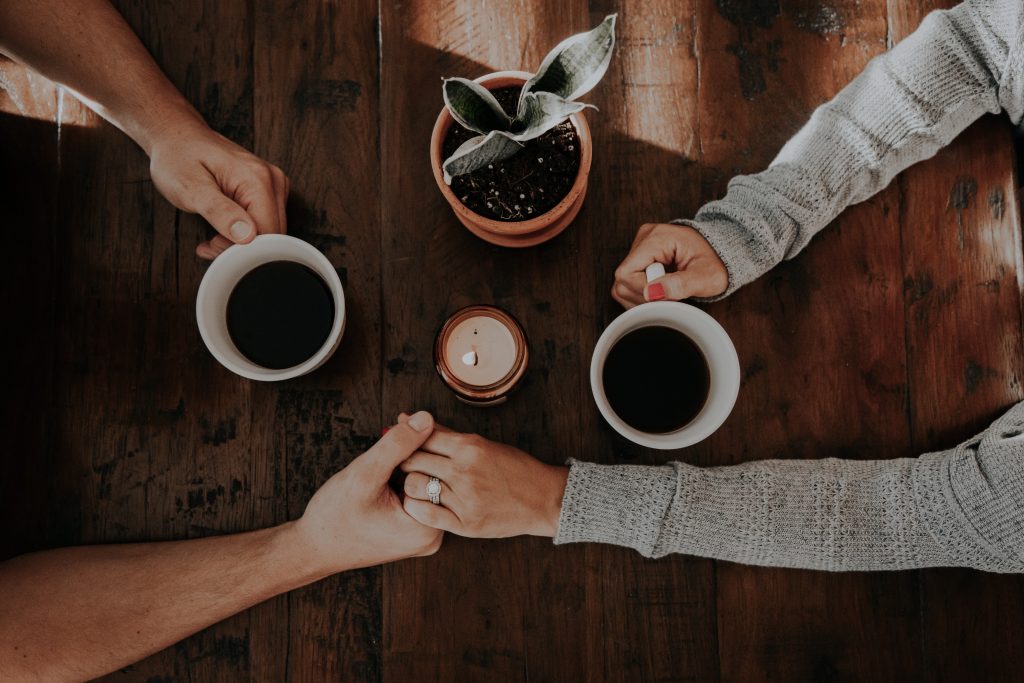
Finally – compassion, compassion, compassion. For yourself and for the other person. No one is finding this easy and if they say they are they’re probably talking bollocks or at the very least kidding themselves.
We are living through a challenging period and allowing yourself to feel that it’s fucking hard is not only OK, but necessary.
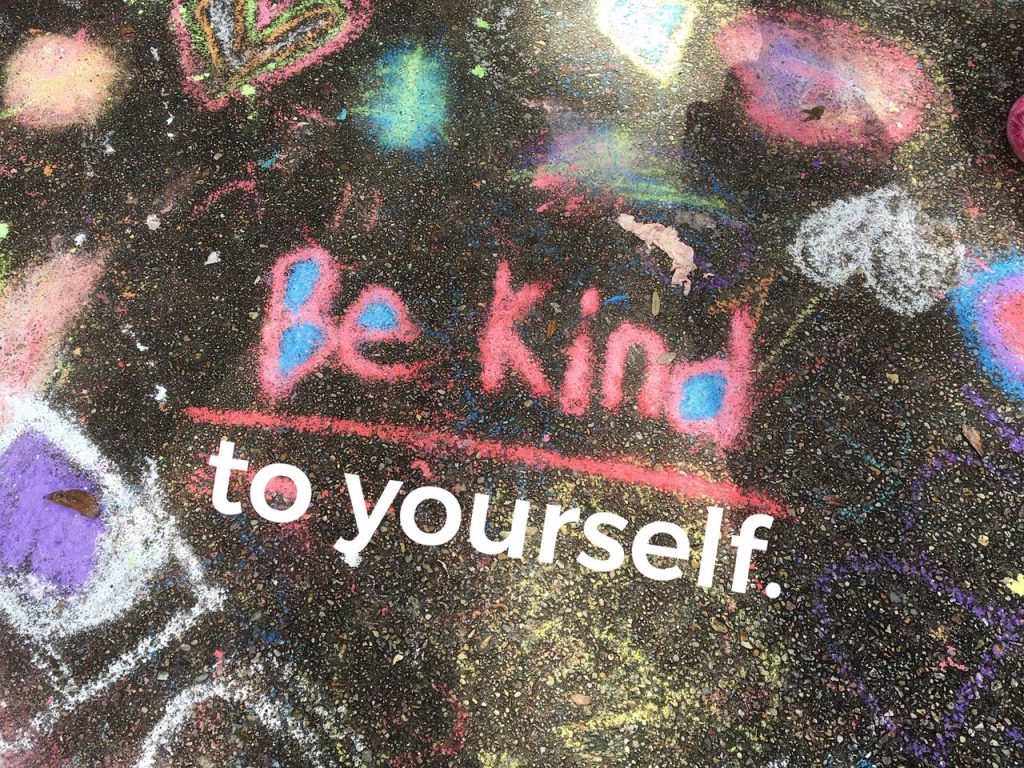
If you’re finding things hard to manage on your own, you might find it useful to speak to a counsellor to get some help. Sometimes just a few sessions can help you recognise that what you feel is normal and to reframe how you look at things. There are lots of counsellors working online who can support you to get back out in the world. Get in touch with me if you’d like to talk about having some therapy online, or would like to try walk and talk therapy outdoors, or visit one of the online directories like ACTO , Counselling Directory or Psychology Today

